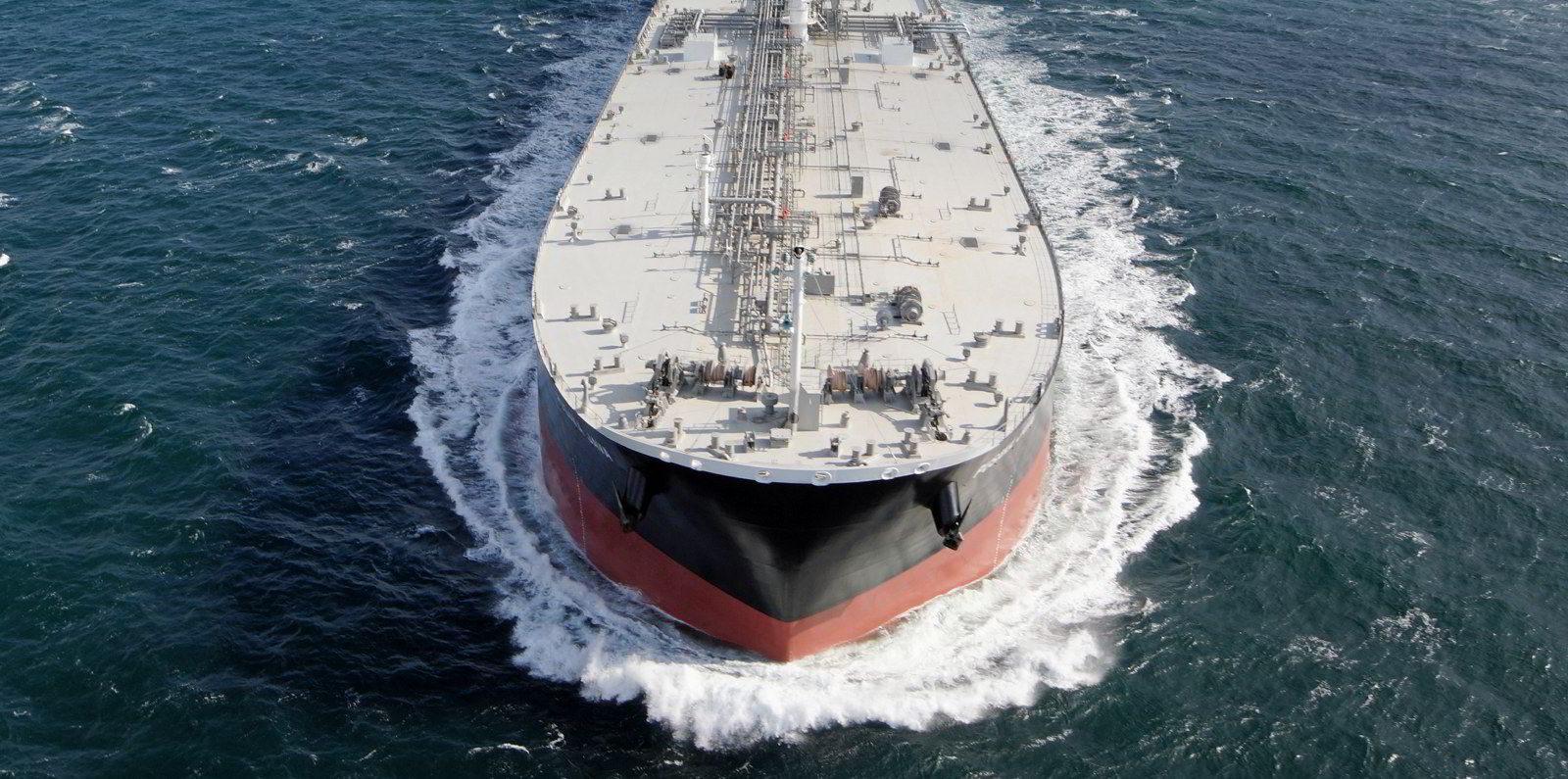French shipbroker Barry Rogliano Salles (BRS) is predicting a swift return to earth for stratospheric aframax rate assessments skewed by freakishly high Russian premiums.
Rates jumped to $158,000 per day for Black Sea fixtures in the wake of the Ukraine invasion as charterers scrambled for vessels willing to load Russian crude.
BRS said the aframax landscape is “unrecognisable” after a historic 10 days featuring dizzying earnings.
But it warned: “With several energy companies selling off their stakes in Russian entities, the UK closing its ports to Russian vessels and further sanctions against Russian crude itself on the horizon, the future of the northern aframax markets [is] more uncertain than ever.”
The Paris-based company pointed out that few ships actually achieved the huge rates on offer and owners will have a hard time justifying similar premiums in the long term.
“We are seeing the bullish sentiment deflating rapidly,” it said.
And BRS believes liftings from the Baltic and Black Sea are set to plummet from the second half of March.
Aframaxes account for more than 85% of Russian crude loadings.
With more charterers shunning Russian barrels, the French shop said global demand for the vessels will be “pummelled” over the coming weeks and months.
“As unemployed aframaxes ballast to other non-Russia lifting zones, it appears inevitable that such zones will see tonnage lists lengthen, thereby pressuring rates lower, potentially below their year-to-date lows,” BRS cautioned.
It logs 29 new aframaxes due to hit the water this year, the second-highest number of annual deliveries over the past decade.
But these headline numbers are slightly misleading. Of this year’s crop, 10 units are to be delivered to Russian-linked owners and are currently unsuitable for general spot trading, the broker explained.
“Indeed, since all of these units were equipped with dual-fuel LNG propulsion, it was understood that they had been secured under long-term time charter for dedicated business,” it said.
BRS is predicting a likely two-tier market for as long as the war in Ukraine persists.
Those owners willing to call at Russian ports will probably continue to receive steep premiums, permitting their tankers to turn a significant profit, it argues.
On the other hand, the much larger global market is likely to remain extremely challenging, characterised by long tonnage lists across all non-Russian lifting zones and earnings that should remain hamstrung by the combination of high bunker prices and soft fundamentals.
There is much talk in the market of LR2 owners looking to switch from clean products and “dirty up” their vessels to take advantage of higher returns.
But BRS warned that, unless they plan to transport Russian barrels, this appears an extremely risky decision.
“Considering our relatively optimistic outlook for LR2s, we anticipate that when the penny drops and the aframax market turns, there will be dirty LR2s looking to pay the approximate $600,000 clean-up cost later in the year to take advantage of a better clean market,” it said.






